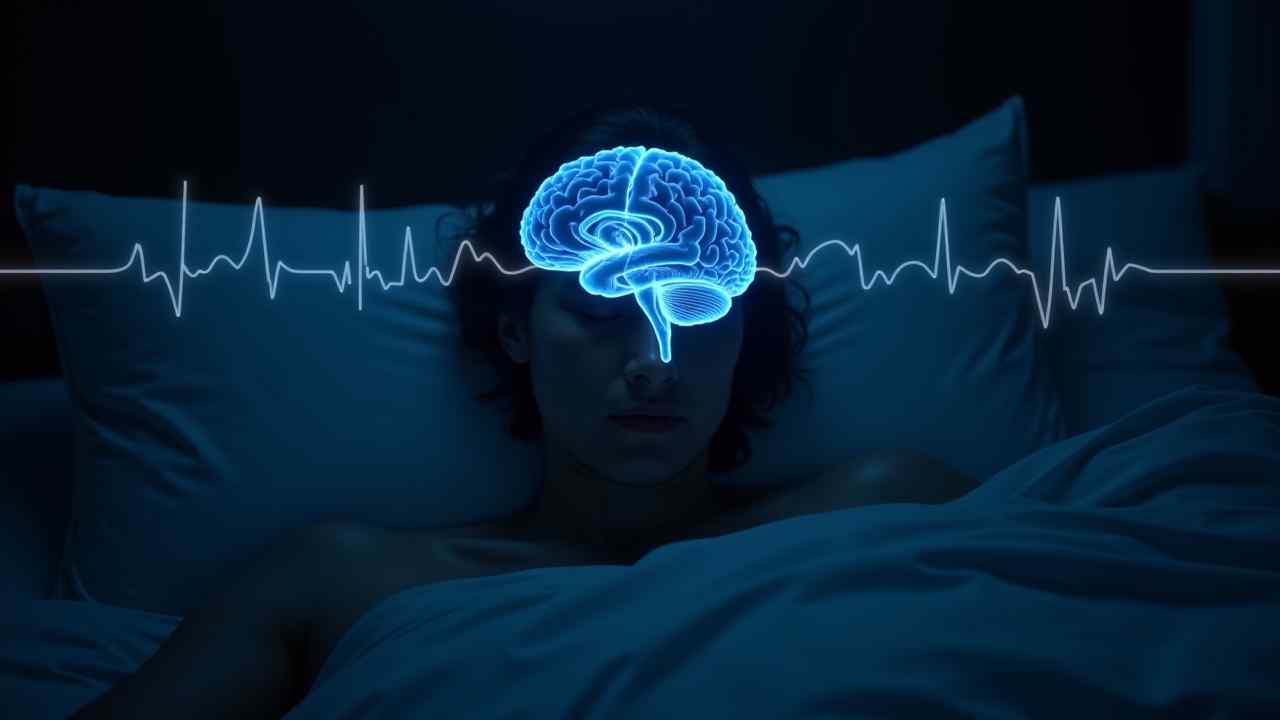
🩺 Can You Have a Seizure in Your Sleep? A Guide to Nocturnal Seizures
🩺 Can You Have a Seizure in Your Sleep? (A Guide to Nocturnal Seizures) 🩺
❗ CRITICAL MEDICAL INFORMATION: Seizures are a serious medical event. If you suspect that you or a loved one has had a seizure, it is essential to consult a doctor or neurologist for a proper diagnosis and treatment. This guide is for informational purposes only and is not a substitute for professional medical advice.
The question, "Can you have a seizure in your sleep?" is an important one. It can be a source of anxiety for many. The simple and direct answer is yes. Seizures that happen only during sleep are known as nocturnal seizures.
These seizures can occur in people with a known epilepsy diagnosis. They can also sometimes be the very first sign of a seizure disorder. This guide will explain what nocturnal seizures are, the signs to look for, and the importance of seeking medical help. 🧠
🤔 What Are Nocturnal Seizures?
Nocturnal seizures are seizures that occur while a person is asleep. They are caused by a sudden, abnormal burst of electrical activity in the brain. This is the same cause as seizures that happen during the day. However, for some people, these events are triggered by changes in the brain's activity during sleep.
These seizures often happen during specific times. They are most common shortly after falling asleep, just before waking up, or during the transitions between lighter stages of sleep. The person having the seizure is often completely unaware that it is happening. They may not remember it at all upon waking.
⚠️ What Are the Signs That a Seizure Happened During Sleep?
Since the person is asleep, they often rely on a bed partner's observations or on physical clues they discover in the morning. Answering the question "can you have a seizure in your sleep" often involves looking for this evidence.
What might a bed partner notice?
- Sudden, unusual vocalizations like a cry or a yell.
- The body suddenly becoming very stiff or rigid.
- Rhythmic twitching or jerking movements of the arms and legs (convulsions).
- Sudden, difficult, or paused breathing.
What signs might the person notice upon waking?
Often, the only clues are the after-effects. These can include:
- Waking up with a bitten tongue or inside of the cheek.
- Unexplained, severe muscle soreness or aches.
- Waking up with a headache.
- Feeling unusually groggy, confused, or foggy in the morning.
- Waking up to find you have wet the bed (urinary incontinence).
- Unexplained bruises, or finding you have fallen out of bed.
How is a Nocturnal Seizure Different from Other Sleep Events?
It is important to distinguish a seizure from other normal or less serious sleep events. A seizure is a neurological event. It is different from a bad dream, a night terror, or simple sleep-twitching. The movements during a seizure are typically more rigid and rhythmic than the soft, sporadic twitches of a dream.
After a seizure, a person is often very disoriented and confused. This is different from the feeling after waking from a bad dream. The presence of a bitten tongue or loss of bladder control are also strong indicators of a possible seizure.
✅ What Should You Do if You Suspect a Nocturnal Seizure?
The only safe and correct answer is to see a doctor. Do not ignore the signs. A doctor, usually a neurologist, will take a detailed history of the events. They will ask about your symptoms and any observations from a bed partner.
To get a diagnosis, your doctor may order a test called an EEG (electroencephalogram). This test measures the electrical activity in your brain. You may need to have an overnight EEG sleep study to capture the brain's activity while you are sleeping.
If you have had an unexplained event in your sleep, or if you are waking up with the signs listed above, it is crucial to seek medical advice. A proper diagnosis is the first and most important step toward managing the condition and ensuring your safety. 🛌